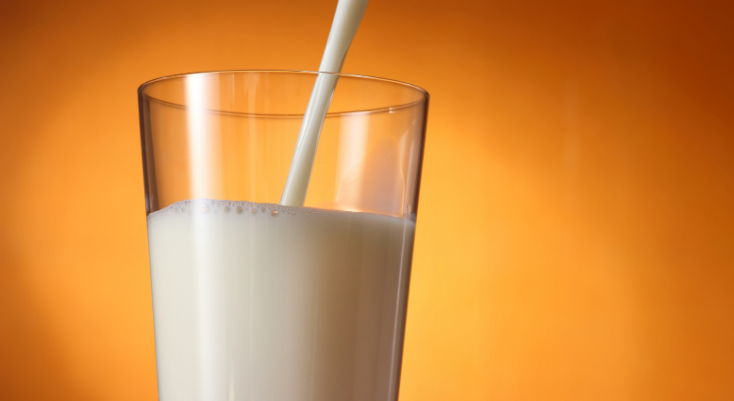In discussions of body weight and obesity, milk and other dairy products can be targeted for their apparent high sugar content, leading many to mistakenly believe that dairy should be limited to avoid weight gain through consumption of excess sugar. As part of the 2019 IDF (International Dairy Federation) World Dairy Summit, several high-level international speakers addressed the sugar question, discussing the latest science on dairy and sugar in our diets. Milk, plain yogurt, and other unsweetened dairy products contain the naturally occurring sugar lactose. Unlike added sugars, which contribute plenty of calories but no nutritional value, lactose in dairy is part of a nutrient-dense package, providing an abundant supply of high-quality protein, calcium, phosphorus, potassium, iodine, and vitamins B2 and B12. Furthermore, studies have clearly indicated a differential role for foods that are inherently nutritious such as milk and yogurt.
When children and adolescents consumed dairy products such as flavoured milk and yogurts, the quality of their diet improves, and in the case of studies looking at the impact on weight, no adverse effects were found. Dr Michel Donat, Team Leader, IDF Action Team on Flavoured Dairy: “The global obesity crisis is something that the dairy sector takes very seriously. However, the discussions at the IDF World Dairy Summit show it is wrong to assume that the natural sugars in milk and dairy products are the same as other added sugars. The dairy sector needs to help consumers to become educated on the sources of sugar in their diet and learn to strike the right balance between nutrients and sugar intake.” The sessions concluded that there no evidence that sugars naturally present in milk and dairy foods (lactose and galactose) have adverse effects on health. In fact, a growing body of research indicates that dairy may play a protective role against certain non-communicable diseases including type 2 diabetes. Recently, nutritionists and scientists have increasingly begun to consider that the effects of milk and dairy foods on health extend beyond the benefits of the individual nutrients they contain.
In a process known as the Dairy Matrix, the different structures and textures of dairy products have an impact on how these nutrients are absorbed in the body. This could have important positive impacts for health. Dr David Everett, Chair of the IDF Standing Committee on Dairy Science and Technology and Leader of the IDF Action Team on the Microstructure of Dairy Products: “Scientists investigating the health effects of the Dairy Matrix have already noted its positive impact on bone health and some non-communicable diseases.
Going forward, greater understanding of dairy food structure and nutrient absorption could pave the way to developing innovative dairy products that improve the nutritional status. It’s imperative that when discussing dairy within diets, a ‘whole food’ rather than an ‘isolated nutrients’ approach is taken.”











